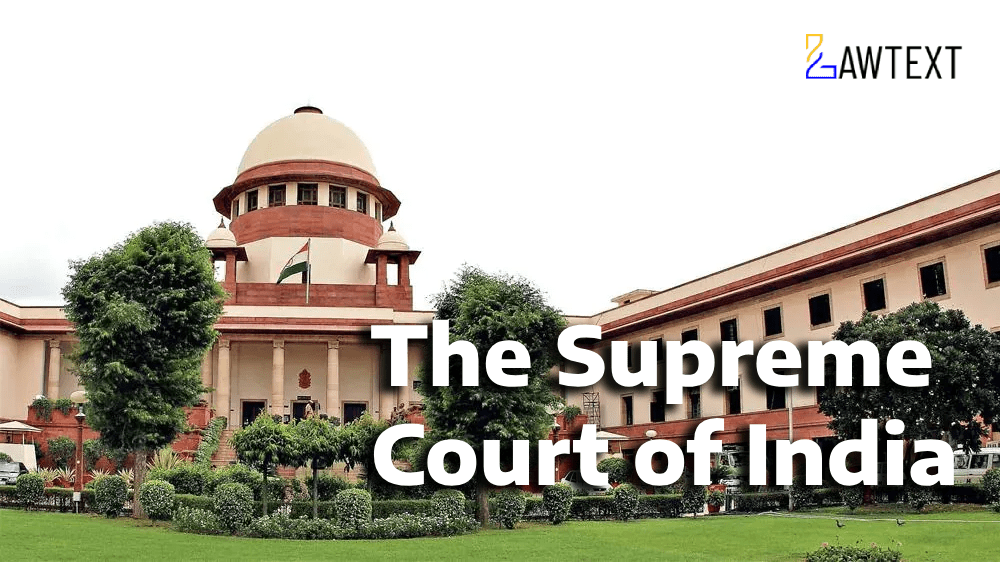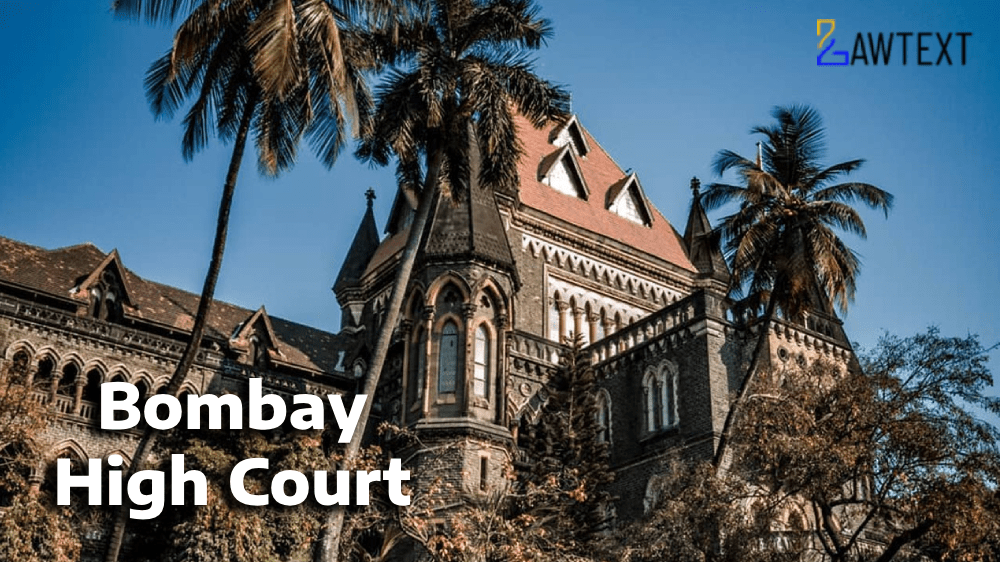Case Note & Summary
The Supreme Court, in Directorate of Enforcement vs. Bibhu Prasad Acharya and Others (2024 INSC 843), upheld the decision of the High Court to quash the cognizance taken against two accused public servants under the Prevention of Money Laundering Act, 2002 (PMLA), due to the absence of a prior sanction as required under Section 197 of the Criminal Procedure Code (CrPC). The Court clarified that Section 197 CrPC applies to cases under the PMLA for public servants, despite the PMLA’s overriding effect in Section 71, as long as CrPC provisions are not inconsistent with PMLA’s objectives.
Acts & Sections Discussed
Prevention of Money Laundering Act, 2002 – Sections 3, 4, 44(1)(b), 65, and 71 Criminal Procedure Code, 1973 – Section 197 (Protection of Public Servants)Ratio:The Court emphasized that protection under Section 197 CrPC is vital for public servants and extends to acts within the scope of their official duties. The requirement of prior sanction under Section 197 aims to safeguard public servants from prosecution for actions closely connected to official functions, even when these actions may have exceeded their official duties.
Background of the Case
Appellant: Directorate of Enforcement filed complaints under Section 44(1)(b) of PMLA for offenses under Section 3. Respondents: Bibhu Prasad Acharya (1st respondent) and Adityanath Das (2nd respondent) argued they were public servants, and prosecution required prior sanction under Section 197 CrPC.Arguments from Appellant
The Enforcement Directorate argued that PMLA’s Section 71 provides it an overriding effect, negating the need for CrPC’s Section 197 sanction. They asserted the accused’s role did not make them public servants shielded by Section 197, drawing on previous Supreme Court cases for support.Arguments from Respondents
Respondents countered, pointing to the Corporation’s Memorandum provisions that made their positions reliant on State Government appointments and removal, thus classifying them as public servants under Section 197 CrPC. They also contended that Section 197’s protection applied since the alleged actions were connected with their official duties.Court’s Analysis on Section 197 CrPC
Citing precedents, the Court clarified the intent of Section 197: to protect officials from prosecution unless sanctioned for acts done in their official capacities. Acts with a reasonable connection to official duty fall under this protection, but abuse or excess can be reviewed at trial.PMLA Sections 65 and 71 Interpretation
Section 65 aligns CrPC provisions with PMLA as long as there’s no conflict, affirming Section 197’s applicability. Section 71’s overriding effect clause does not nullify Section 197 since no PMLA provision conflicts with the requirement for prior sanction.Conclusion
The Supreme Court dismissed the appeals and allowed for re-application if sanction is obtained, maintaining the High Court's quashing of cognizance against the public servant respondents due to absence of Section 197 sanction.
Subjects:Applicability of prior sanction requirements for prosecuting public servants under PMLA offenses. PMLA, Public Servants, Prior Sanction, Section 197 CrPC, Money Laundering, Supreme Court Judgment
Issue of Consideration: Directorate of Enforcement Versus Bibhu Prasad Acharya, etc.
Premium Content
The Issue of Consideration is only available to subscribed members.
Subscribe Now to access critical case issues





